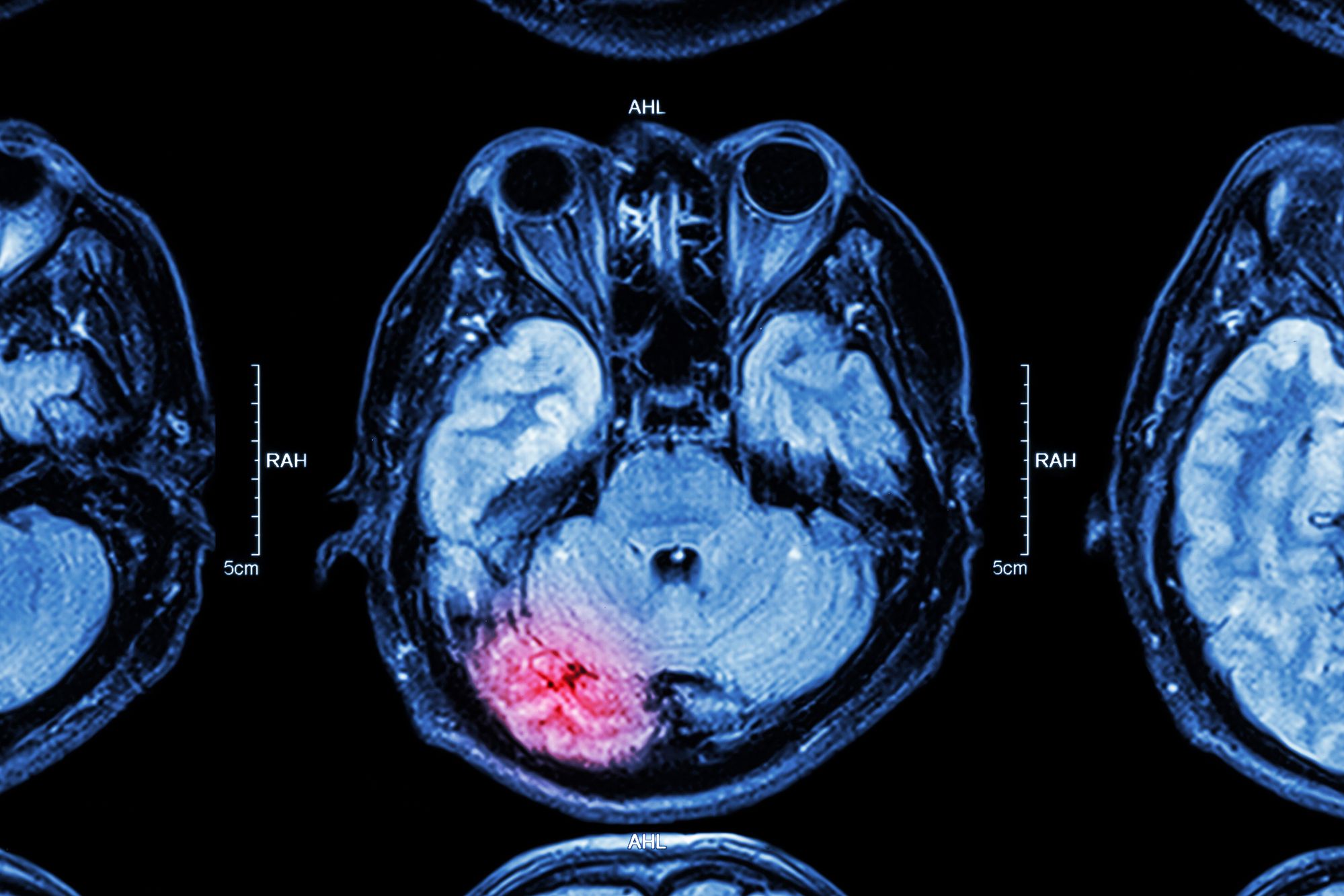
4.8 Average on Google


Brain Injury Lawyer Spartanburg
Key Takeaways:
- Traumatic brain injuries (TBI) are among the most serious types of injuries.
- Some types of brain trauma may never fully heal, and can even compound over time.
- The CDC estimates that healthcare for nonfatal brain injuries costs more than $40 billion a year.
A serious brain injury can affect most parts of your life, making even daily tasks difficult or impossible. If you’re recovering from head trauma, HawkLaw, PA wants to help. Our Spartanburg brain injury lawyers understand how serious your injury is and fight to help you get the compensation you need.
The effects of a brain injury can be long-lasting and impact your life in major ways. If you’re struggling with head trauma in the wake of an accident, you have legal options. Working with a Spartanburg traumatic brain injury lawyer can make a difference.
At HawkLaw, we fight for people just like you who have been seriously injured through no fault of their own. Don’t lose time worrying; call us today to learn how we can help.
What Is a Traumatic Brain Injury?
A traumatic brain injury (TBI) happens when an impact, jolt, or penetrating injury disrupts normal brain function. According to the Mayo Clinic, TBIs vary from mild concussions to extreme brain damage, depending on the force of the injury and the extent of the brain’s impairment. Traumatic brain injuries often result from accidents such as falls, car crashes, or violent blows to the head.
There are two primary types of TBIs:
- Closed Traumatic Brain Injuries. A closed TBI occurs when an outside force causes the brain to race within the skull, leading to bruising, swelling, or shearing of brain tissue. These injuries do not involve a skull fracture but can be just as dangerous as open TBIs.
- Open (Penetrating) Traumatic Brain Injuries. An open TBI happens when an object penetrates the skull, directly damaging the brain. These injuries are often caused by gunshot wounds, sharp objects, or severe impacts that fracture the skull. Open TBIs expose brain tissue, carry a high risk of infection, and typically require immediate medical intervention.

Kinds of Traumatic Brain Injuries
Traumatic brain injuries vary in type and severity, with each affecting the brain differently.
Concussion
A concussion is a mild form of TBI resulting from a blow or jolt to the head, causing the brain to race within the skull. Symptoms may include headaches, confusion, dizziness, and temporary loss of consciousness. While often considered minor, repeated concussions can have cumulative, serious effects.
Contusion
A contusion is bruising to the brain tissue, normally provoked by a direct impact on the head. This bruising can lead to bleeding and swelling within the brain, potentially increasing intracranial pressure. Depending on the severity, contusions may require surgical intervention to alleviate pressure.
Hematoma
A hematoma occurs when blood collects outside the blood vessels, leading to dangerous pressure on the brain. Depending on where the bleeding occurs, there are different hematomas, including epidural, subdural, and intracerebral hematomas. Symptoms can range from mild confusion to life-threatening unconsciousness, and in severe cases, emergency surgery may be required to remove the clot and relieve pressure.
Diffuse Axonal Injury (DAI)
Diffuse axonal injury happens if the brain encounters rapid acceleration or deceleration, causing the brain structures to tear. This type of injury is common in high-speed car accidents and can result in widespread brain damage, leading to prolonged unconsciousness or coma. DAIs are serious injuries with a variable prognosis.
Penetrating Injury
A penetrating injury happens when an object pierces the skull and enters the brain tissue. Examples include gunshot wounds or stab injuries. These injuries often cause focal damage, leading to specific neurological deficits depending on the affected brain area. Immediate medical attention is critical to manage bleeding and prevent infection.
Second Impact Syndrome
Second impact syndrome is a serious condition, although rare, that occurs when an individual sustains a secondary concussion before recovering from the initial concussion. This can result in severe, rapid brain swelling, often with catastrophic results. It underscores the importance of proper recovery time following a concussion.
What Are the Effects of Traumatic Brain Injuries?
TBIs do not just affect your head—they impact your entire life. Your brain is the command center of your body, controlling everything from movement and speech to memory and emotions. When that control is disrupted, even the simplest tasks can feel impossible.
Even a mild concussion can throw your world off balance. You might struggle to concentrate at work, follow conversations, or tolerate bright lights and loud noises. Daily life becomes frustrating, and these symptoms don’t disappear overnight for many. The brain needs time to heal; recovery can feel slow and uncertain.
For those who experience the worst brain trauma, the consequences can be even more devastating. You may experience cognitive impairments, physical limitations including loss of coordination, speech and communication struggles, and emotional and behavioral changes.
For many brain injury victims, the effects aren’t just physical or mental; they’re deeply emotional. Losing independence, struggling to work, and feeling disconnected from loved ones can take an enormous toll. That’s why understanding the full impact of your losses is so important when seeking compensation. A Spartanburg brain injury lawyer can help confirm that your claim accounts for every hardship you face—now and in the future.

Why You Really Want a Spartanburg Brain Injury Lawyer If Your Child Is the Victim
When a child suffers a pediatric brain injury, the long-term outlook can be overwhelming. Unlike adults, children’s brains are still developing, meaning damage incurred at a young age can compound over time, becoming a more severe diagnosis. What may seem like a mild injury today could lead to severe cognitive, emotional, or physical challenges years later.
Brain injuries in children can have a lasting effect:
- Cognitive Development – Learning difficulties, memory problems, and delays in reaching developmental milestones.
- Emotional and Behavioral Growth – Increased risk of mood swings, attention deficits, or personality changes that can impact school and relationships in childhood and throughout life.
- Physical Abilities – Issues with motor skills, coordination, and long-term disabilities that could affect independence.
Since children’s brains are incredibly plastic, they have a strong ability to recover—but that recovery takes time, therapy, and significant medical care. This is why working with a Spartanburg pediatric brain injury lawyer is essential. At HawkLaw, we understand how critical it is to secure compensation for long-term needs, including specialized education, ongoing medical treatment, and future quality of life.
What Are the Causes of Traumatic Brain Injury?
Traumatic brain injuries can occur suddenly, but their effects can last a lifetime. When someone else’s negligence causes a head injury, you may have grounds for legal action. Common causes of TBIs that warrant legal action include:
Motor Vehicle Accidents
Car, motorcycle, and truck accidents, and even Uber and Lyft accidents, can cause severe brain injuries due to the force of impact. Pedestrians and cyclists may be at even greater risk. Whiplash, striking the head against a hard surface, or being ejected from a vehicle can all result in TBIs. You may have a strong case if another driver was reckless or negligent.
Slip-and-Fall Accidents
Falls are one of the most common causes of TBIs, especially among the elderly and young children. Property owners must maintain safe premises. If you or a loved one suffered a brain injury due to negligent maintenance, wet floors, poor lighting, or unsafe conditions, you could have a premises liability claim.
Workplace and Construction Accidents
Brain injuries in the workplace—particularly in construction accidents—often happen due to unsafe working conditions. While workers’ compensation may cover some expenses, it’s not always enough. If a third party, such as a contractor or equipment manufacturer, was negligent, you may be entitled to additional compensation.
Violent Assaults
Physical assaults, including blows to the head or being violently shaken, can cause significant brain trauma. Victims of assault have recourse to file civil and criminal charges against the perpetrator or any party that contributed to unsafe conditions.
Dog Attacks and Animal Bites
Severe dog bites or attacks can lead to head injuries, particularly in small children. If a dog owner fails to restrain a dangerous animal and causes a traumatic brain injury, they can be held legally responsible for damages.

How Much Is My Spartanburg TBI Injury Case Worth?
When you’ve suffered through a serious brain injury, you’ll need to fight back for the full compensation you deserve. Unfortunately, that’s tough for head trauma victims. Not only are you balancing your recovery and your lawsuit, but you’re dealing with a traumatic head injury.
As such, you’ll need help to seek out the full compensation you deserve for your losses. That means seeking both your economic, or financial, damages and your non-economic, or emotional and intangible, damages. At HawkLaw, our traumatic brain injury lawyers in Spartanburg fight for maximum compensation for our clients, seeking damages for:
- Medical expenses
- Costs for rehabilitation
- Household accommodations
- Mental anguish
- Pain and suffering
- Loss of enjoyment of life
Do You Have a Traumatic Brain Injury Lawyer Near Me?
HawkLaw’s traumatic brain injury lawyers serve the greater Spartanburg area from its office at 5506 Reidville Rd, in Moore, SC. There’s plenty of onsite parking available. We also have offices in Greenville, Columbia, Charleston and Anderson to better serve our clients throughout South Carolina.
Contact a Spartanburg Brain Injury Lawyer at HawkLaw today
When you’ve been hurt by another person in Spartanburg, your injuries could deeply affect your life following the accident. Head trauma in particular can be difficult to overcome, since your mental processes are affected.
Fortunately, a Spartanburg brain injury lawyer from HawkLaw, PA can help. We understand how severe your damages are and we’ll fight to get you the compensation you deserve. Get started with a free consultation*, and you’ll know exactly what to expect from your attorney before you sign or file anything. Call or contact us today.
Frequent Answered Questions
In South Carolina, you typically have three years from the date of the injury to file a personal injury lawsuit. However, certain circumstances can affect this deadline, so it’s best to consult with a Spartanburg brain injury lawyer as soon as possible to protect your rights.
You may have additional legal options if your workers’ compensation benefits don’t cover all your losses. If a third party, such as a contractor, manufacturer, or negligent coworker, contributed to your injury, you could file a separate personal injury claim for further compensation.
If a traumatic brain injury results in death, the victim’s family may be able to pursue a wrongful death lawsuit. This can help cover medical expenses, lost income, funeral costs, and emotional suffering. Our wrongful death attorneys in Spartanburg can help you determine if you have a case.
At HawkLaw, we work on a contingency fee basis, meaning you don’t pay anything upfront.* Our fees come from the settlement or verdict we win for you—if we don’t win, you don’t pay*.
If you have more questions about your case, contact us today for a free consultation* with an experienced Spartanburg brain injury lawyer.
Visit Our Office
Moore, SC 29369
John Hawkins is the Founder and CEO of HawkLaw He has been licensed to practice law in South Carolina since his graduation with honors in 1994 from the University of South Carolina School of Law, where he was on the Law Review and Order of Wig and Robe.
-
$3,000,000*
Trucking Accident Settlement
-
$1,005,000*
Car Accident Settlement
-
$575,000*
Personal Injury Settlement
"*" indicates required fields

